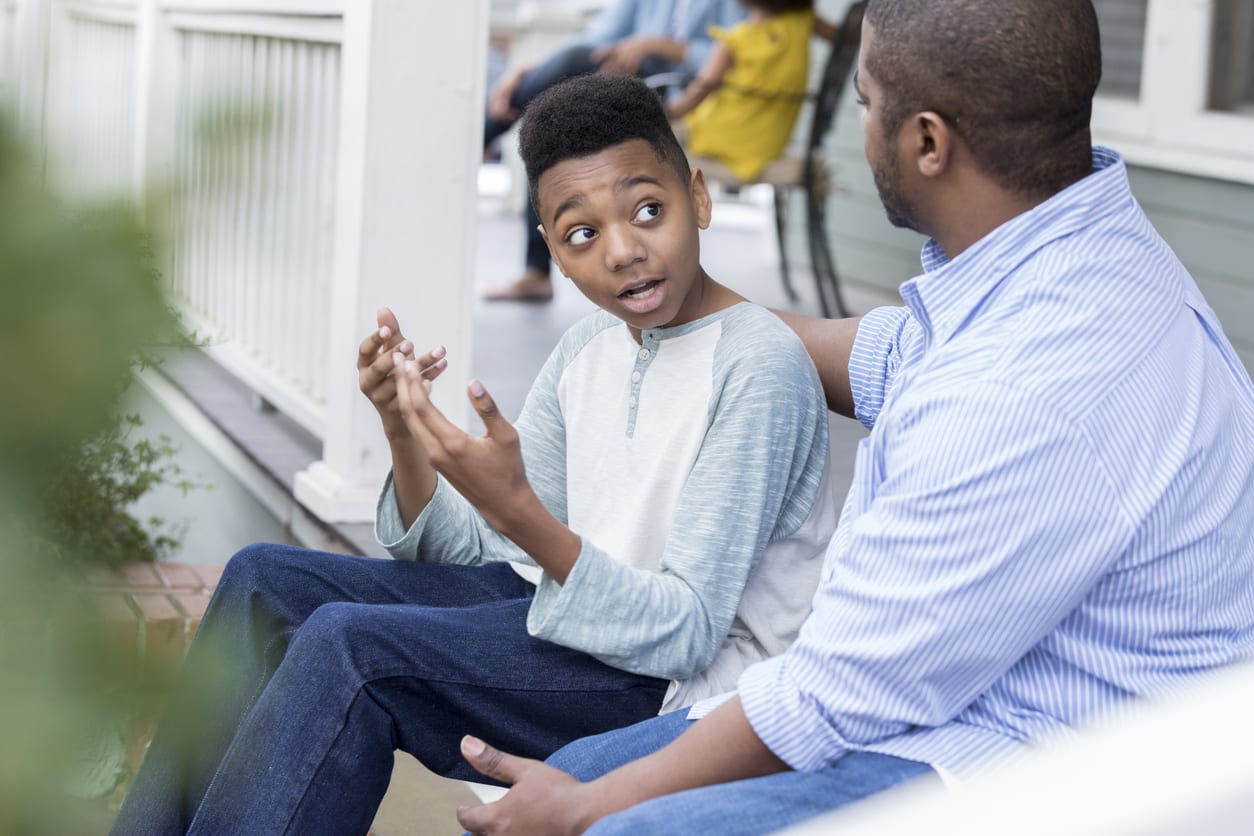I showed up to ninth grade basketball tryouts at 6-foot-3 and an “intimidating” 145 pounds. OK, I was not exactly Shaquille O’Neal, but I was tall and coordinated enough to make the JV team. I’d never played on an organized basketball team before and was excited to wear the school colors and compete. I did not expect to get a coach who thought the best way to motivate a player was to yell at him. My coach was loud, got easily frustrated, and made players fearful of making mistakes because blunders would get you parked on the bench. I remember trying harder not to mess up than trying to succeed on the court.
Mistakes are a part of life. As parents, how we react to those moments will shape how our kids view their gaffes. Will we yell like my coach or take a different approach? Legendary college basketball coach Dean Smith once said, “What to do with a mistake: recognize it, admit it, learn from it, forget it.” He knew that when grace follows mistakes, his player was freer to learn in safety. The same principle applies to parenting. Here are 4 steps to take after your child makes mistakes.
1. Recognize it.
Smith’s first point is about identification. I found an article claiming adults make four mistakes per week. We can assume kids make far more mistakes than that. When your child makes a mistake, don’t pretend it didn’t happen. Call out mistakes. Bringing them into the light is the first step to learning from it. Nobody is perfect. It’s our job as parents to help kids recognize when they’ve done something wrong.
2. Admit it.
I remember breaking a neighbor’s window with a tennis ball the week after my family moved into a new house. I did not want to fess up because I feared my dad would be upset. Spoiler alert: He was, but would’ve been furious had I tried to hide it. Admitting mistakes holds us accountable. When your kids reveal they’ve messed up, remind them you’ve messed up too. When our kids admit mistakes, it gives us the opportunity to forgive like them. The parable of the Prodigal Son shows this in action. The son leaves home and lives foolishly only to return home in shame. But we read in Luke 15:20 that as the son approached home, his father “saw him and felt compassion, and ran and embraced him and kissed him.” We should strive to be like that father, recognizing flaws while being willing to forgive mistakes. That’s a loving posture I want to adopt in my parenting.
3. Learn from it.
Dean Smith won 879 games and two national championships as a coach, so clearly he was an incredible teacher. He’d pull players aside during games and point out how they could avoid committing a foul or giving the ball away. Coaching is about making adjustments. So is parenting. When your child makes a mistake, talk about what went wrong, what they could have done differently, and how to plan to succeed in the future.
4. Recall it.
What happens if your child didn’t learn from his or her mistake? This is where I think it’s best to alter Dean Smith’s final point a bit. He says to “forget it,” which I think means “move on” from it. But, I’d prefer kids “recall it,” which turns the mistake into a moment of reflection. “Remember how you were late to work last week because you didn’t leave on time? Traffic could be bad today, so plan to leave five minutes earlier than you think you should to avoid being late again.” This is a great way to prevent repeated mistakes. To “recall it” is to break that cycle.
Sound off: When was the last time you over- or under-reacted to a mistake?











Huddle up with your kids and ask, “Is it good or bad to make mistakes?”